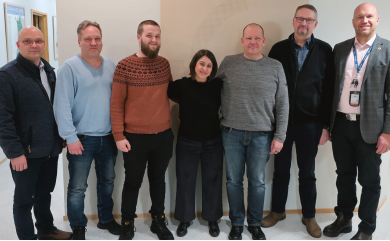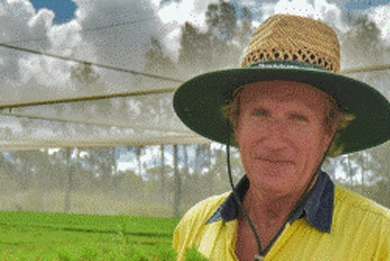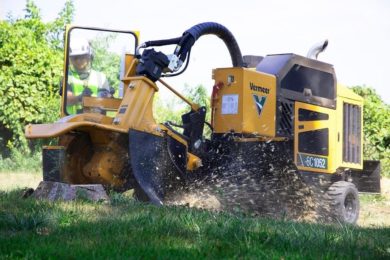WWF published its WWF Paper Scorecard at the end of last year. The PEFC (Program for the Endorsement of Forest Certification schemes) Council has welcomed WWF’s acknowledgement that “several schemes have made contributions to improving forest management”. However, the PEFC says, “this is not reflected in the scorecard, and an opportunity to make the scorecard a really useful tool has been missed.”
WWF released The WWF Paper Scorecard on November 28, 2007. Its goal is to provide a tool for all paper buyers, producers and suppliers to help them choose paper products and grade with the smallest possible environmental footprint. There are seven categories, each weighted based on their relative impact giving a total of 100 points. 40% of the points are allocated to the sourcing of raw materials for which WWF recognises only FSC certified or post consumer recycled timber.
Although “WWF acknowledges that several schemes have made contributions to improving forest management”, this is not reflected in the scorecard. Rather it recommends that buyers ask specifically for FSC certification as, in its opinion, this scheme “best meets WWF’s key requirements of responsibility, international consistency and balanced multi-stakeholder governance”. PEFC feels that WWF has missed an opportunity to develop a truly useful tool through its scorecard by:
•Failing to recognise market realities – 10% of world’s forest is certified (equivalent to 25% of world’s industrial roundwood production) and only one third of that is to FSC. WWF’s scorecard should not differentiate within the 10% of the world’s best managed forests. Instead it should shift its focus to the remaining 90% of forest land that is not certified to any system.
•Refusing to differentiate between certified and non-certified wood – WWF’s premise is that several schemes have made contributions to improved forest management yet this is not reflected at all in the scorecard which does not award points for two-thirds of the world’s certified forests. Third-party, credible and internationally recognised forest certification systems are treated the same as non-certified forest products that could potentially be from illegal and unsustainable sources. WWF recognizes that “several schemes have contributions to improving forest management”, and states “your absolute priority should be to purchase papers based on fibres from well managed forests. The easiest way to do this is to ask for paper that is certified under a credible forest certification scheme”. Despite this statement, WWF has chosen to only reward FSC in itsscorecard, in its opinion the “best” scheme, implying that the all other schemes are not credible.
PEFC says “WWF is one of the original supporters of FSC and this tactic of WWF to recognise other systems but not to give them points calls the entire scorecard into question. PEFC is confident, and can demonstrate, through independent assessments carried out by governments and the private sector, that it meets customers’ expectations on responsibility, transparency, international consistency and balanced multi-stakeholder governance.”To assist in making the Scorecard a truly useful and objective tool, PEFC encourages WWF to consider:
- Giving PEFC and others the opportunity to work on ways to improve their Guide
- Inviting and considering other stakeholders’ views and values when defining its key requirements for credible certification schemes
- Carrying out independent and transparent assessments of various schemes
- Using thresholds which credible certifications can meet rather than going for the “best or bust” approach
- Actively engaging in other forest certification schemes other than FSC to address concerns they might have with the standards rather than a “FSC or bust” attitude.
“The PEFC Council hereby formally and publicly extends an invitation to work with WWF and to engage in an open dialogue to address the points above to improve the scorecard.”






